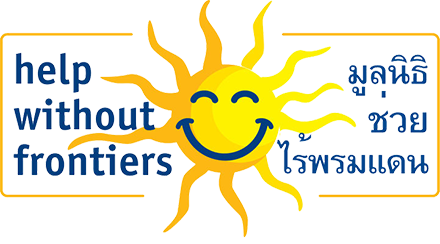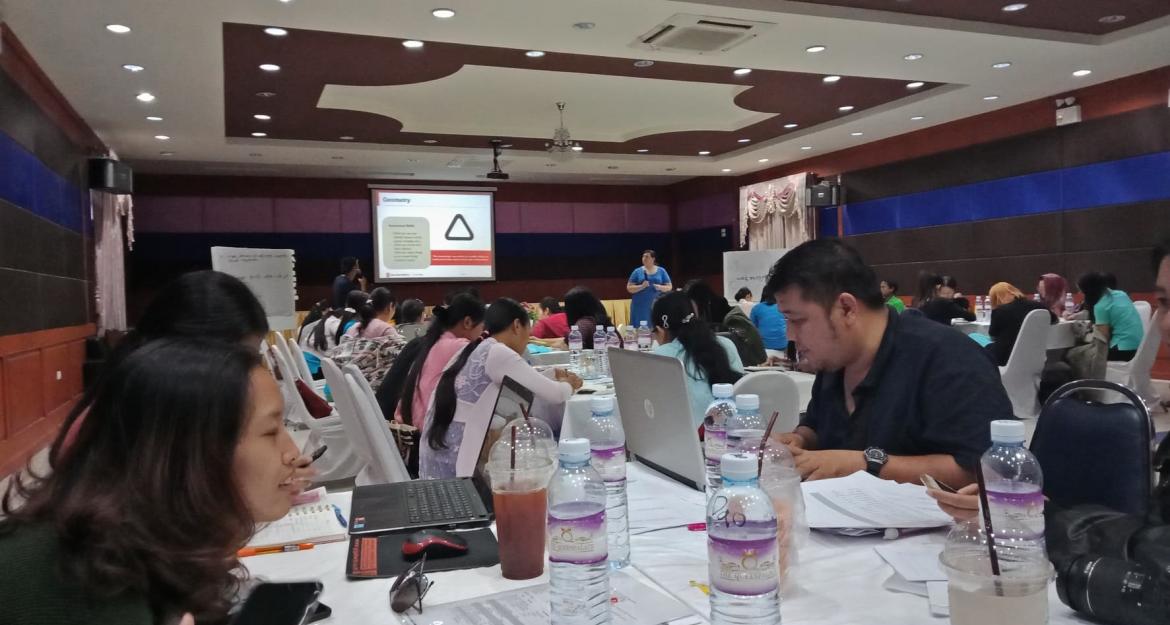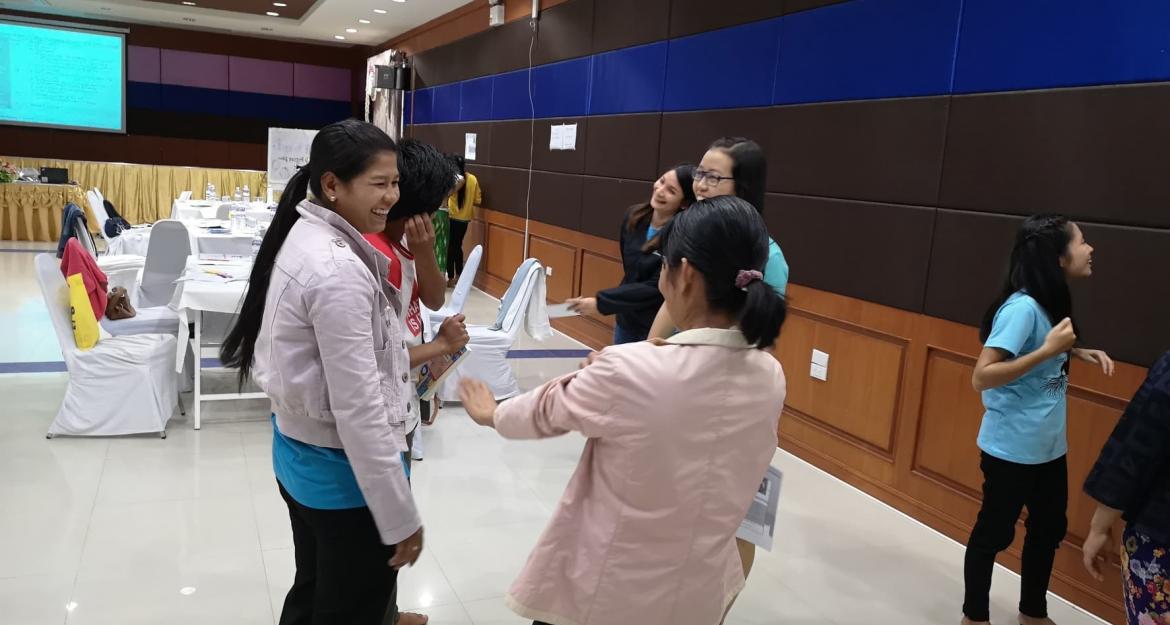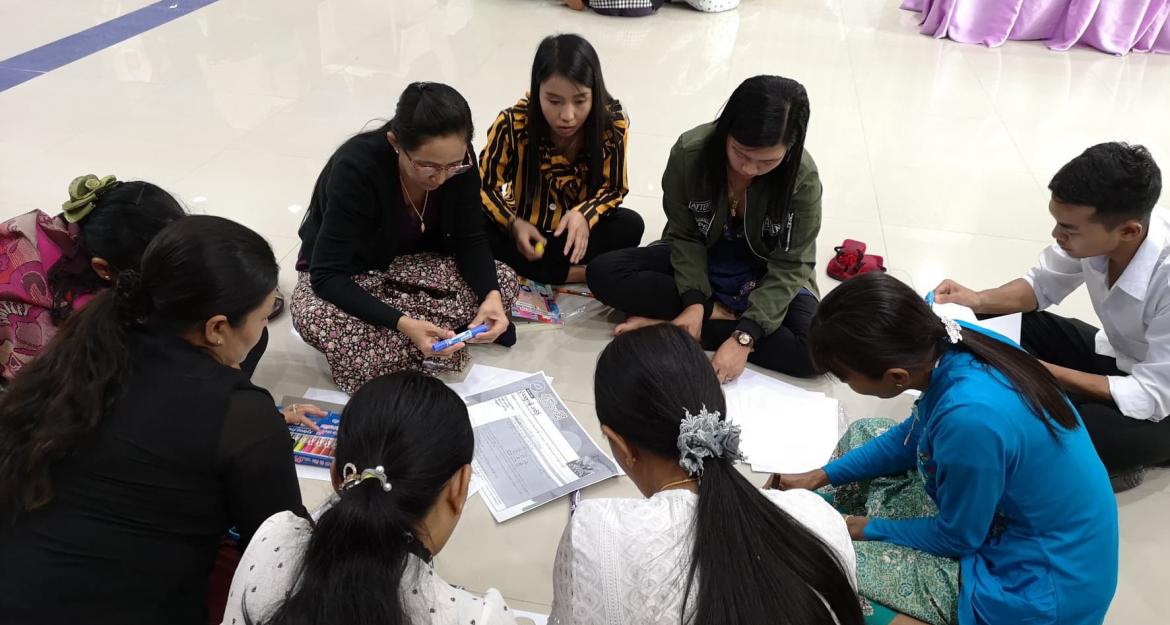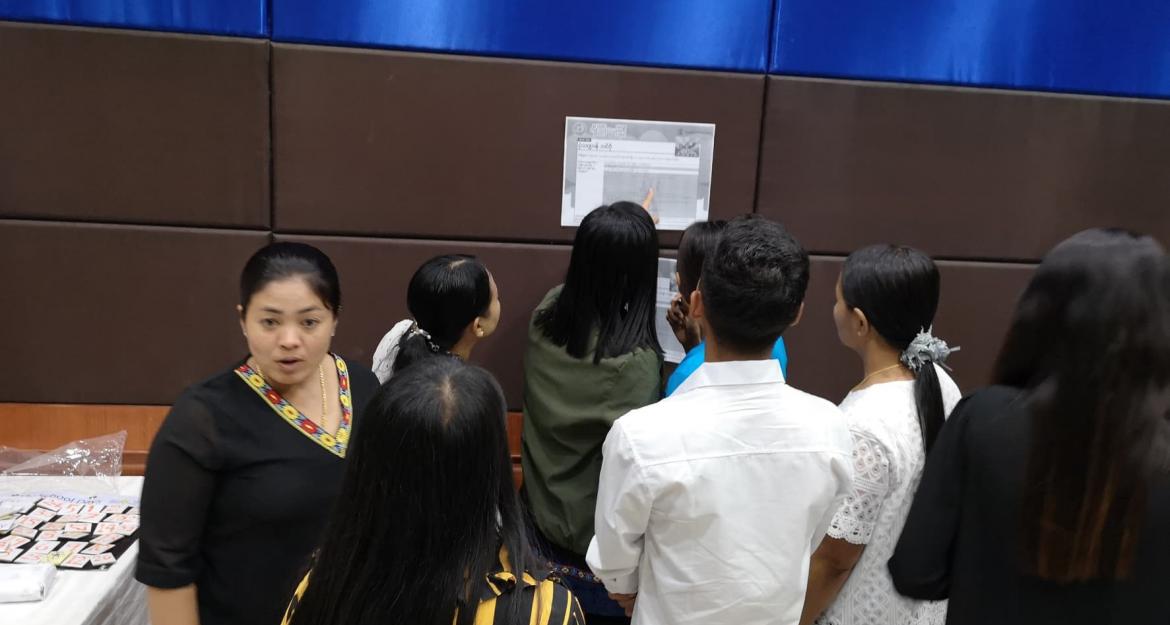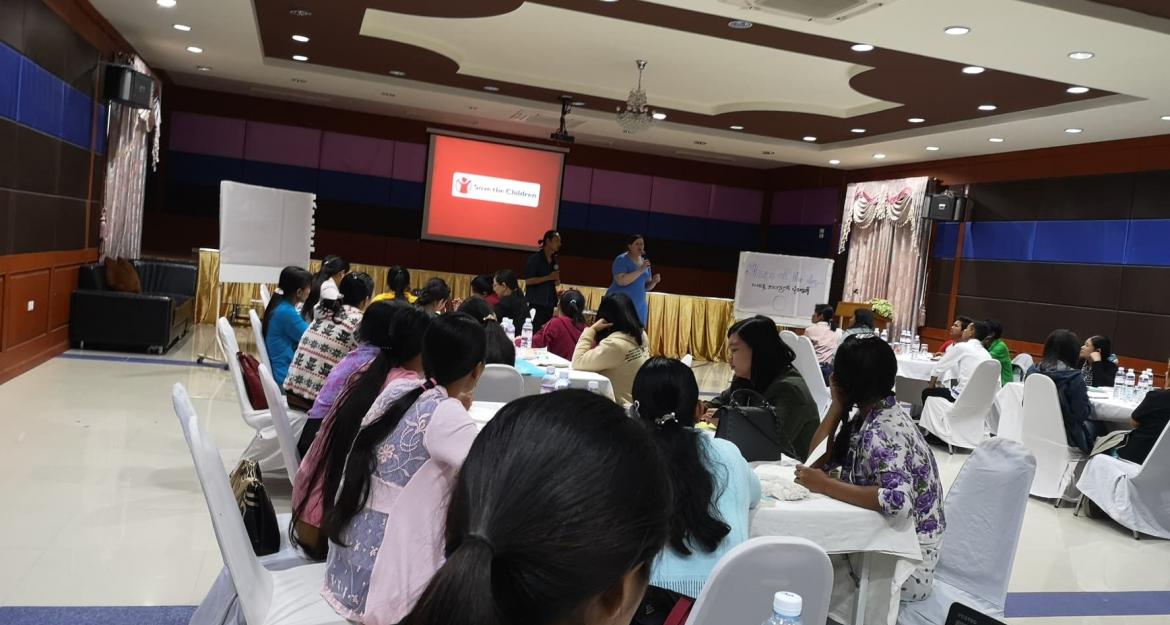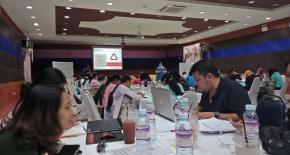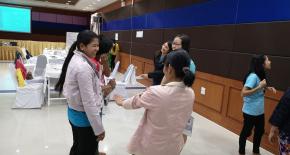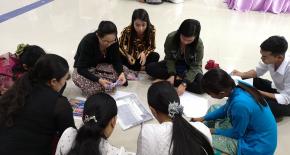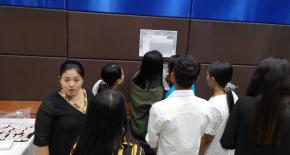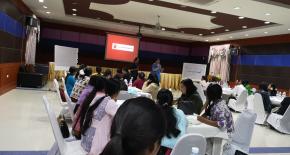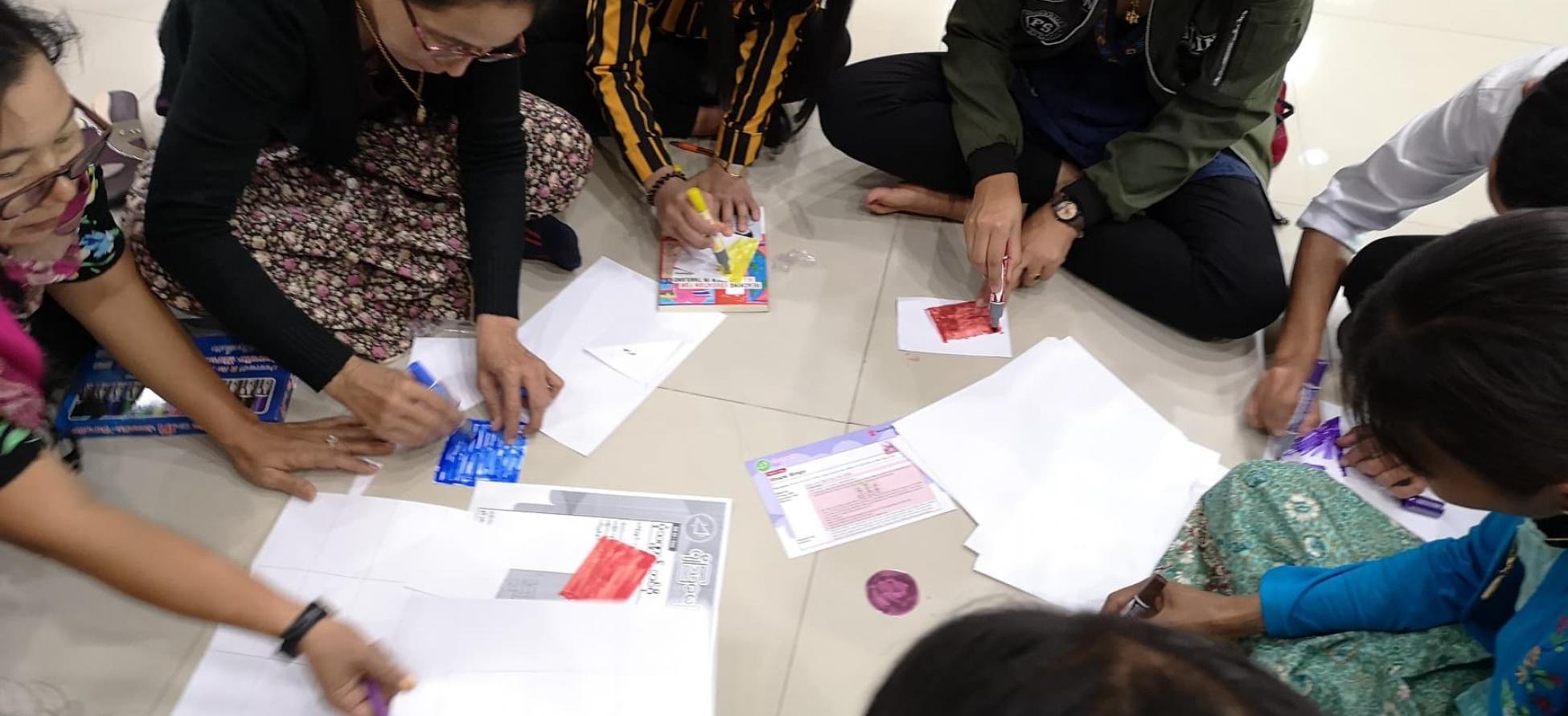
Early Childhood Care and Develpment (ECCD) can be defined as a holistic development of children including physical, cognitive, language, social and emotional development from conception to age five. Early childhood care is a crucial period in which the environment surrounding children, such as nurturing, care, stimulation, nutrition, and health, have a heavy impact on the development of cognitive, emotional and social skills of children. As such, children who are well nurtured and properly stimulated in their first phase of development, are later able to develop thinking, language, emotional, and social skills before reaching school age and become more productive adults.
Help without Frontiers collaborates with Save the Children International in the Reaching Education for All Children in Thailand (REACT) and Expanding IMPACT project, which mainly supports vulnerable and excluded children, especially undocumented migrant children who live in Thailand. These children are our priority target group in removing barriers to access to education. One of REACT project’s objectives is to improve support for migrant children’s early development and health in the home and community. Through this objective, the Foundational Skills and Emergent Literacy and Math (ELM) Teacher Trainings are provided to target teachers in Migrant Learning Centres with the aim of building the capacity teaching skills for children aged 3 to 6 to enhance their development in cognitive, emotional, social and physical potential.
On 18 and 19 January 2019, 34 teachers from 17 migrant learning centres in and around Mae Sot joined the Emergent Literacy and Math (ELM) Teacher Training organised by Save the Children Thailand. The aim of the training was to build the capacity of teachers in supporting the development of foundational early literacy and math skills among young children. Emergent Literacy and Math can be described as the knowledge, skills, and attitudes a child develops in relation to reading and writing as well as to mathematical concepts in the early childhood years.
The training started with some warm up activities to allow participants to interact with each other. A pre-test was given to teachers to assess the knowledge acquired on the topic through previous trainings. The two-day training alternated technical explanations on Early Math Skills to group activities in order for the participants to sharpen understanding and acquire skills. Teachers were encouraged to revise their strategy on "Math is around us" so as to use visibible material around to teach students, such as pencils, rulers, notebooks and so on. Participatory and sharing training methods are meant to gather useful feedback from experienced teachers and encourage mutual exchange of knowledge and experience between education providers.
Help without Frontiers acknowledges and values the collaboration with Save the Children inasmuch as it allows migrant children to master literacy and math skills that are critical for children to succeed in early primary grades, and hope for a better and brighter future.


